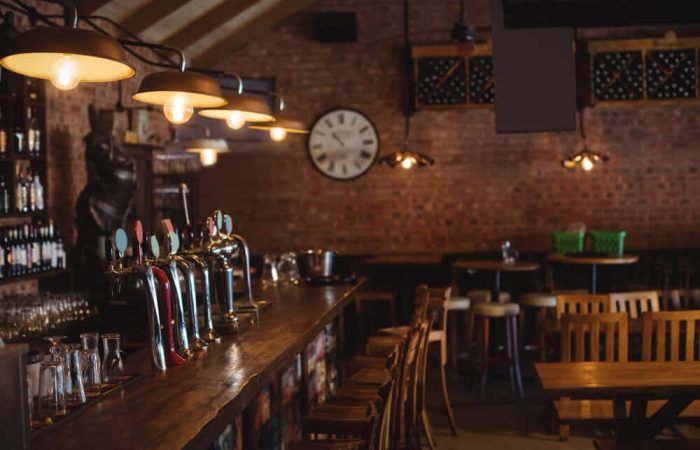Are you looking to open up a liquor store, but don’t know where to start when it comes to getting a loan? You’re not alone. A lot of people are interested in this business but don’t know how to go about securing the funding they need!
Liquor stores are profitable business models that many entrepreneurs are interested in, but they can be difficult to finance.
That’s because most lenders view liquor stores as high-risk investments. After all, the sale of alcohol is heavily regulated and there’s always the potential for liability issues.
However, if you manage to overcome these few challenges, getting a loan for your liquor store is possible!
In this article, we’ll give you a step-by-step guide on how to get a loan for your liquor store business. So if you are planning to start a liquor store, read on!
Table Of Content
What Are Liquor Store Loans?
Types of Liquor Store Financing
Steps of Getting a Liquor Store Loan
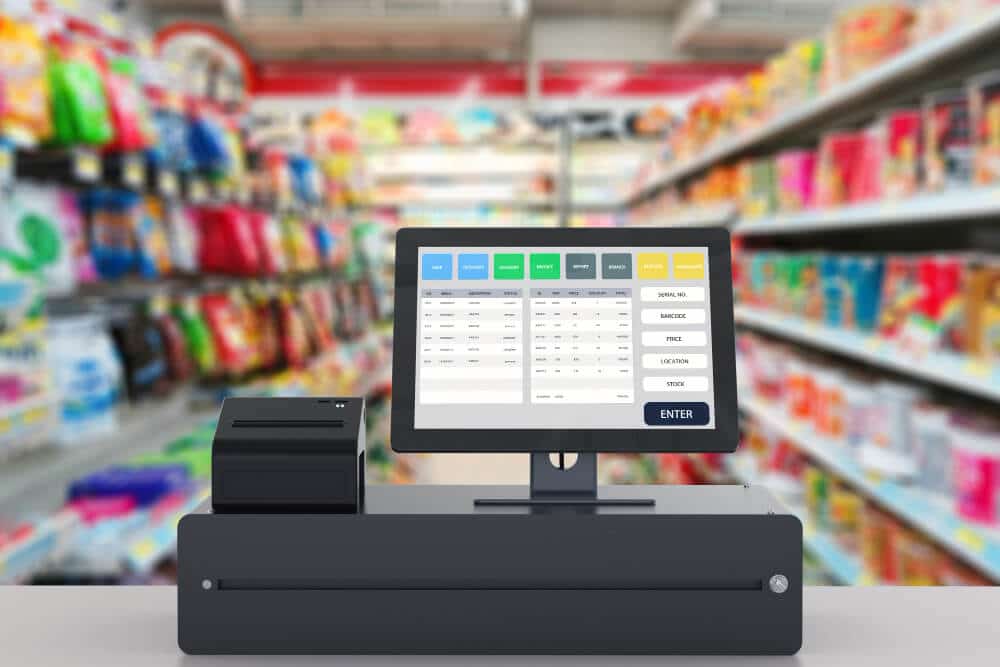
Streamline your business with Octopos– A Complete POS System with Big Boys Tools without the Big Price
It is a lot more than a point of sale. Octopos is easy and intuitive for you and your staff to use. Yet you get all these sophisticated tools to manage inventory, track and engage customers, get meaningful insights into your business, and much more.
What Are Liquor Store Loans?
As the name suggests, liquor store loans are financing options that are specifically designed for people who want to start or expand their business in this industry.
Liquor store businesses are well-known for being quite profitable, but they also require a significant amount of initial investment.
From acquiring stocks to building a store, to paying for employee training, various things need to be taken care of and this is where these loans come into the picture.
However, getting a loan for your liquor store can be a bit tricky since not all lenders are willing to finance businesses in this industry.
This is because liquor stores are considered high-risk businesses due to the potential for alcohol abuse and the strict regulations that are associated with selling liquor.
But this doesn’t mean that it’s impossible to get a loan for your liquor store business. There are still many lenders out there who are willing to provide financing for these types of businesses. It’s just a matter of finding the right one that fits your needs!
Read: How to Choose the Best POS System for Your Restaurant?
Liquor store loans are mainly used for:
- Purchase of new inventory
- Hiring staff
- Advertising
- Store renovations
- Payroll
- Working capital, etc…
Depending on your business model and needs, the loan amount, the terms and conditions, and the interest rates will vary.
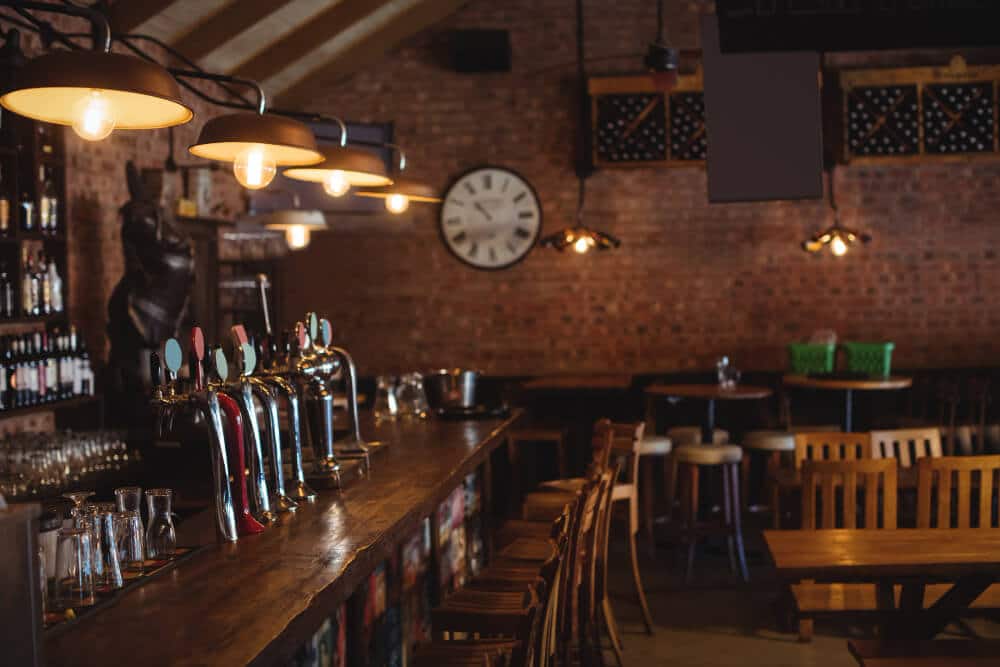
Types of Liquor Store Financing
So now that we looked into what liquor store loans are and what they’re used for, it’s time to take a look at the different types of financing options that are available for these businesses.
1. SBA Loans
SBA loans are a type of small business loan that partially guarantees the loan amount with the U.S. government. This makes it easier for small businesses to qualify for financing and get lower interest rates.
The Small Business Administration has various programs that liquor store owners can take advantage of. These loans are typically used for working capital, inventory, or equipment purchases.
To qualify for an SBA loan, your business must meet certain requirements such as being for-profit, having a good credit history, and not being involved in any illegal activities.
2. Equipment financing
Another option for liquor store financing is equipment financing. This type of loan can be used to finance the purchase of new or used equipment, such as coolers, shelving units, POS systems, and more.
The great thing about equipment financing is that it usually comes with a lower interest rate than other types of loans since the equipment itself serves as collateral. This means that there’s less risk for the lender, which results in a lower interest rate for you.
3. Business line of credit
A business line of credit is another financing option that can be used for working capital or inventory purchases.
A business line of credit is essentially a revolving loan, which means that you can borrow up to a certain amount, make repayments, and then borrow again up to that same limit.
This type of financing is very flexible and can be used as needed, which makes it a great option for businesses with fluctuating or seasonal working capital needs.
The interest rates on business lines of credit are usually variable, so they can go up or down depending on the market.
4. Merchant cash advance
A merchant cash advance is a type of loan that’s based on your future sales. With this type of financing, you essentially sell a portion of your future sales at a discount to get funding for your business now.
This type of loan can be a great option for businesses that have a lot of sales but don’t have the cash on hand to cover their expenses. The downside is that merchant cash advances often come with high-interest rates and fees.
5. Business credit card
A business credit card is another financing option that can be used for short-term needs such as inventory or equipment purchases. Business credit cards usually have high-interest rates, so they should only be used for short-term financing and emergencies.
One of the benefits of using a business credit card is that you can often get rewards such as cashback or points that can be redeemed for travel.
Another benefit is that you can build up your business credit history, which can be helpful if you ever need to apply for a business loan in the future.
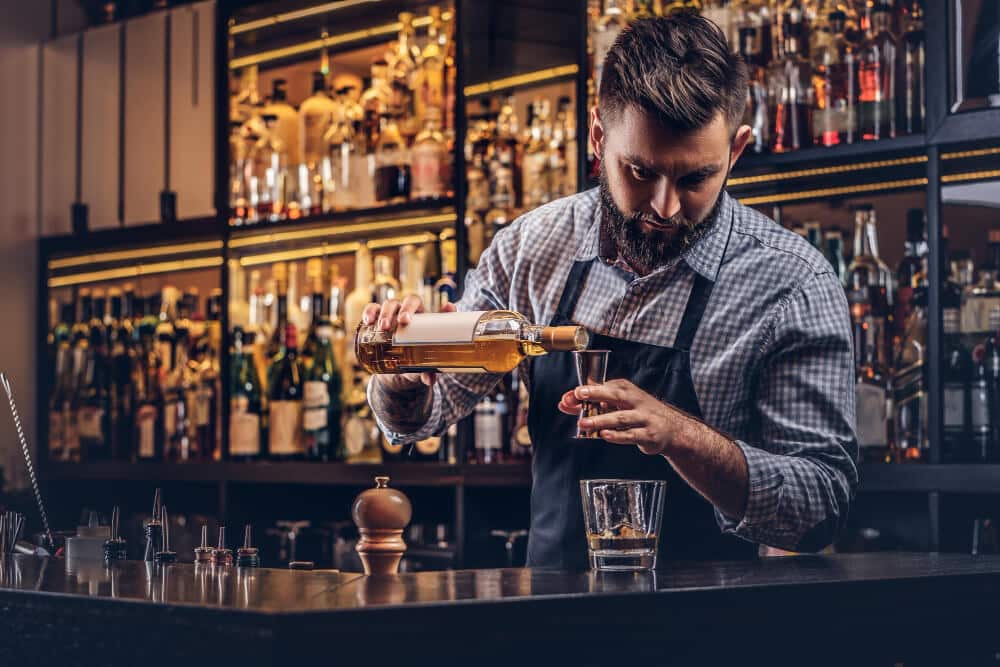
Steps of Getting a Liquor Store Loan
Now that we’ve looked at the different types of liquor store financing, it’s time to take a look at the steps you need to take to get financing for your business.
1. What do you need the loan for?
The first step in getting a liquor store loan is to know what you need the loan for. You should have a clear idea of how much you need to borrow and what you’re going to use the money for.
Having a clear understanding of why you need the loan will make it easier to choose the right type of loan and lender. It will also help you determine how much you can afford to borrow.
2. Get the necessary licenses and permits
Before you can open a liquor store, and apply for a loan, you need to get the necessary licenses and permits. The requirements for these vary from state to state so you have to do your research.
Some of the most common licenses and permits you’ll need include a liquor license, business license, and zoning permit. You might have to pay a fee to apply for these but they are necessary to legally operate a liquor store.
Also Read: How to Get a Wholesale License?
3. Choose the right type of loan
Once you know how much you need and why you need it, you can start looking at different types of loans. As we mentioned before, there are many different options available so it’s important to choose the one that’s best for your business.
Some things you should consider when choosing a loan include the interest rate, repayment terms, and whether or not you need collateral. You can use our loan comparison tool to compare different loans side-by-side and see which one is the best fit for your business.
4. Find a lender
Finding a suitable lender can be a tricky part of the process so you should take your time and do your research. Make sure you understand the terms and conditions of the loan before you sign anything.
It’s also a good idea to get quotes from multiple lenders so you can compare offers and choose the one that’s best for your business. You can use our lender marketplace to get up to four free quotes from trusted lenders.
Or, you can ask your family and friends to recommend a lender they’ve used in the past.
Read Also: How to Navigate the Labor Shortage for Your Restaurant or Retail Business
5. Don’t forget about your credit score
If you want the best interest rates and terms, you have to have a good credit score. Lenders will use your credit score to determine how likely you are to repay the loan so it’s important to keep it in good shape.
You can get a free copy of your credit score report from each of the three major credit bureaus. This will help you catch any errors or fraudulent activity so you can address them before you apply for a loan.
You should also start paying down any outstanding debt you have to improve your credit score. This will give you a better chance of qualifying for a loan and getting the best interest rates.
6. Gather all the necessary documents
Documents such as your business license, liquor store license, and tax returns will be required when you apply for a loan. It’s important to have all of these ready before you start the application process.
Lenders will also ask for financial statements, such as your balance sheet, credit report, and income statement. These documents will give them a better idea of your business’s financial health and help them determine if you can afford the loan.
7. Apply for the loan
The application process will vary from lender to lender but you can expect to fill out a form and provide financial information. You will have both options for online and offline applications.
Make sure to read the instructions carefully so you can fill out the form correctly. You should also double-check that all the information you’ve provided is accurate to avoid any delays in the process.
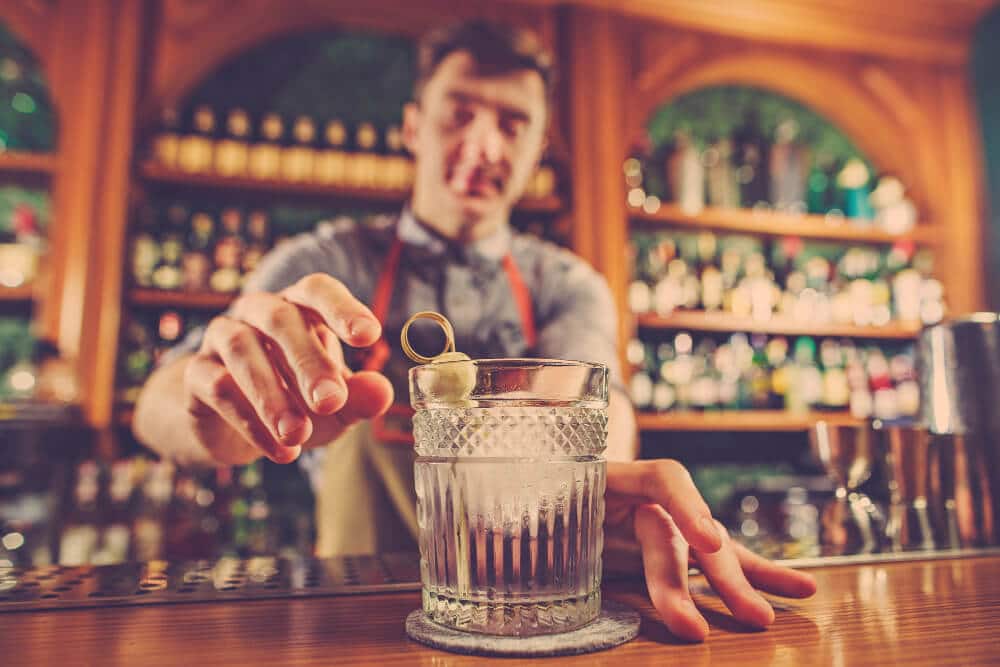
8. Wait for the approval
The last thing you have to do is wait for the lender to approve your loan. This can take a few days or weeks depending on the lender and the type of loan you’ve applied for.
Once your loan is approved, the lender will send you the money either by direct deposit or check. You can then use this money to finance your liquor store business.
FAQ
How much does it cost to open a liquor store?
Many things affect how much it costs to open a liquor store, but in general, you will need to spend at least $150,000 to $300,000.
Some of the costs that might be incurred include:
1. Licensing fees – Depending on the state and local laws, you may need to pay for a business license, liquor license, and other taxes.
2. Building rental/purchase costs – If you’re renting or purchasing a building to open your store in, this cost will need to be included.
3. Inventory costs – You’ll need to purchase various types of alcohol and other supplies you need for the store.
4. Advertising/marketing costs – Creating an advertising and marketing plan for your store can be costly but is essential for long-term success.
Are there grants to start a liquor store?
Unfortunately, there are no grants available for starting a liquor store. However, some states may offer tax incentives or other forms of financial assistance to help defray the costs associated with opening your business.
Additionally, you could try looking into local and state small business loan programs or crowdfunding platforms that might be able to provide the funds you need.
You will need a solid business plan to get a loan or raise funds, but it is worth researching these options to help you get your business up and running. Look around for the best rates and terms to get the most out of your money.
Conclusion
If you follow these steps, you should be able to get a loan for your liquor store business with ease. Just make sure to shop around for the best rates and terms before you sign any loan agreement. Running a liquor store can be a profitable business but it’s important to have the necessary funding in place to get started. So make sure to do your research and start the loan process early to give your business the best chance of success.
Starting a liquor store? Octopos pos system for liquor stores can help you manage your business with ease.

